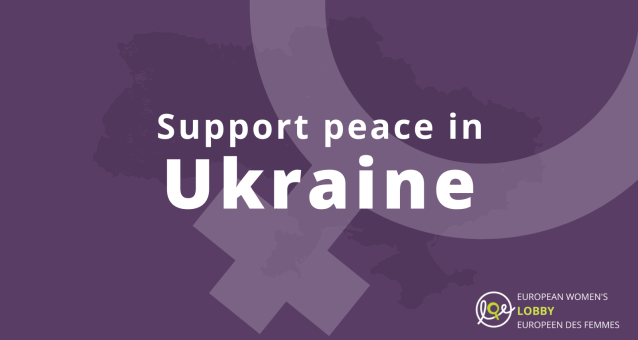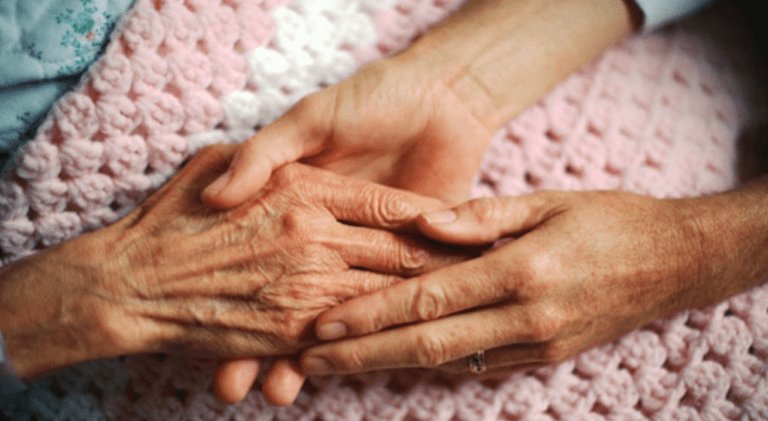Civil society organizations praise the focus of the Portuguese presidency of the European Union (EU) on the equality agenda, but expect concrete advances in the directives on quotas in company administrations and wage transparency.
This article was originally published in Notícias ao Minuto.
In an interview with Lusa, Ana Sofia Fernandes, vice-president of the European Women’s Lobby, recalls that this European Commission, when it took office, committed itself to a directive on wage transparency in the first hundred days of office .
“The Commission is lagging behind in implementing this proposal. Right now, there is a lot of pressure to move forward”, she said, stressing that this directive “is a first step to end wage inequality”.
Furthermore, it “makes perfect sense” in this pandemic context . “Women have precarious work, unpaid work. Work in the area of care (…), which is keeping societies functioning (…), is poorly paid, is not economically valued, has a extraordinary economic value that is not accounted for in public accounts “, she stated.
“This directive is essential for the future of Europe and for the future of women”, she added.
The Lobby insists on “binding measures” and expects the Commission to submit a proposal in the High-Level Group meeting for Gender Mainstreaming, scheduled for Monday and Tuesday, under the scope of the Portuguese Presidency of the EU Council.
For the Lobby, it is important to establish a “European definition of what is meant by equal pay for work of equal value”, to introduce mandatory salary audits and positive action measures that guarantee non-discrimination in recruitment practices and to ensure that equal pay is a criterion in public procurement.
“It is not acceptable for public funds to be used to purchase services or products from companies that do not have properly monitored equal pay policies “, stressed Ana Sofia Fernandes.
In addition, she noted, it is essential that EU governance should include monitoring of wage equality in all Member States and imposing measures when countries fail to comply with obligations.
The researcher and vice president of the Economic and Social Council, Sara Falcão Casaca, stressed the importance of “more transparent information about remuneration”, disaggregated by sex, and ” the adoption of assessment methodologies of functions and classification of professions without gender bias”.
Regarding the proposal for a directive that imposes gender quotas on company administrations, “blocked since 2012”, Ana Sofia Fernandes said that even the fact that Portugal has put the issue on the agenda “is a significant step”.
Also the President of the Portuguese Platform for the Rights of Women, Fernandes pointed out the “progress” in the countries that have already introduced this measure, but acknowledged that it is a “difficult” debate.
“Studies have shown that the countries that have made the most progress (…) were those where legislation exists (aka ‘quotas’) determining minimum thresholds for the representation of each sex. Portugal is an example of this”, corroborated Sara Falcão Casaca, professor at ISEG .
“There is resistance, but there is less and less”, she pointed out, considering that “it is time to reach a definitive consensus on this matter” and assuring that the CES has “a great interest in seeking to contribute and stimulate a constructive debate on these topics “.
In November 2020, the most recent data, the EU had only 30% women on the boards of the largest listed companies.
On the impact of Covid-19 on women, the Lobby praises the Portuguese presidency for having requested a “research note” from the European Institute for Gender Equality.
“It is a significant political signal that women’s rights, in this context, are being a priority for the Portuguese presidency”, acknowledged Ana Sofia Fernandes, warning, however, that it is important that these data are translated into objectives and are not only in European recovery measures, but also in national plans.
Ana Sofia Fernandes also stressed that Portugal has brought “social Europe to the center of the agenda”, operating “a paradigm shift”.
Pointing out that violence against women “is another pandemic “, which “has not disappeared and has become much more evident” in the current context, the Lobby called on Portugal to do its best to move towards an ” integrated directive to combat violence against women and girls in all their forms “.


